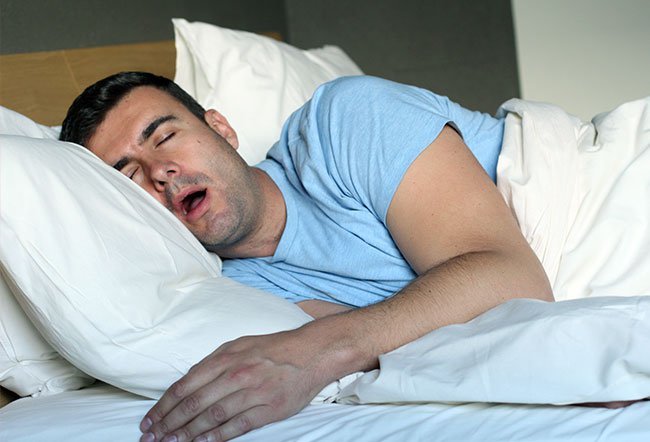How Do You Stop Drooling While Awake?

Drooling (sialorrhea) or excessive salivation is often a common problem when we sleep. You may get up in the morning to find that you have drooled all over your pillow. However, if you find you are drooling while awake, it may indicate an underlying medical condition, which might require a visit to your healthcare practitioner.
There is no reason to worry though. Most conditions with excessive salivation can be managed successfully.
Nonetheless, here are a few ways to combat drooling while you’re awake:
- Sucking on hard candy or sugarless chewing gum can activate your swallowing reflex and help clear your saliva, providing you temporary relief.
- Find out whether a medication that you take may be causing your drooling as a side effect.
- Chances are that if you stop the medicine, your drooling will stop.
- Do not, however, stop the medication unless advised by your doctor.
- Get your allergies treated since some nasal allergies may cause your sinuses to get blocked, which in turn may cause reflex drooling in your mouth.
- Wear a mandibular device.
- This is a mouthpiece that can be used to prevent various conditions such as drooling, snoring or teeth grinding.
- Your dentist can prescribe you the type of device best suited for your mouth shape and jaw structure.
- You might consider scheduling an appointment with a speech-language pathologist.
- These professionals perform a swallow test to diagnose if there is an issue with your swallowing reflex secondary to a stroke or facial paralysis.
- They may teach you certain exercises to strengthen your pharyngeal muscles.
- Botulinum toxin A (Botox) is used to manage drooling.
- Doctors prescribe medications to prevent drooling mostly in case secondary to stroke, infections or oral issues, and may include:
- Anticholinergic medications: You can use glycopyrrolate and other oral anticholinergics, such as trihexyphenidyl, benztropine and hyoscyamine, under your doctor’s guidance to manage excessive salivation. The side effect of these medicines is a dry mouth that can be used as a treatment for drooling. However, the use of these medications is limited by the fact that they can cause drowsiness, confusion, vomiting, dizziness, blurred vision, constipation, flushing, headache, and urinary retention.
- Scopolamine patch: This patch is used against motion sickness and has the effect of slowing down saliva production as it gets absorbed into the blood. Side effects are similar to those seen with the use of oral anticholinergic medications.
- One percent atropine drops (an anticholinergic): Atropine drops placed under the tongue every day can help in some cases of drooling.
What causes drooling in adults?
Drooling can be due to either excess saliva production or difficulty swallowing the saliva that is produced. Here are the conditions that may cause excessive salivation:
- Oral issues: Aphthous ulcers, macroglossia (an enlarged tongue) and oral cavity infections
- Dental issues: Teething (kids), malocclusion, dental caries and orthodontic problems
- Ear, nose and throat causes: Allergies and sinusitis
- Systemic causes: Acid reflux, vitamin B3 deficiency, etc.
- Nervous system–related causes: Stroke, bulbar palsy, facial muscle weakness due to facial paralysis, parkinsonism and cerebral palsy weaken the muscles around the mouth, making it hard to swallow or keep the lips firmly closed causing the saliva to leak out of the mouth.
Is drooling dangerous?
Apart from the fact that drooling can cause you social embarrassment, excessive drooling can be downright dangerous. The drool may persistently wet the angles of the mouth, making the skin around it prone to rash and itching.
In severe cases, the drool may enter your airways and cause aspiration pneumonitis. Because most cases of drooling need active management by medications, rehabilitation or dental procedures, it is better to seek treatment as soon as possible.

